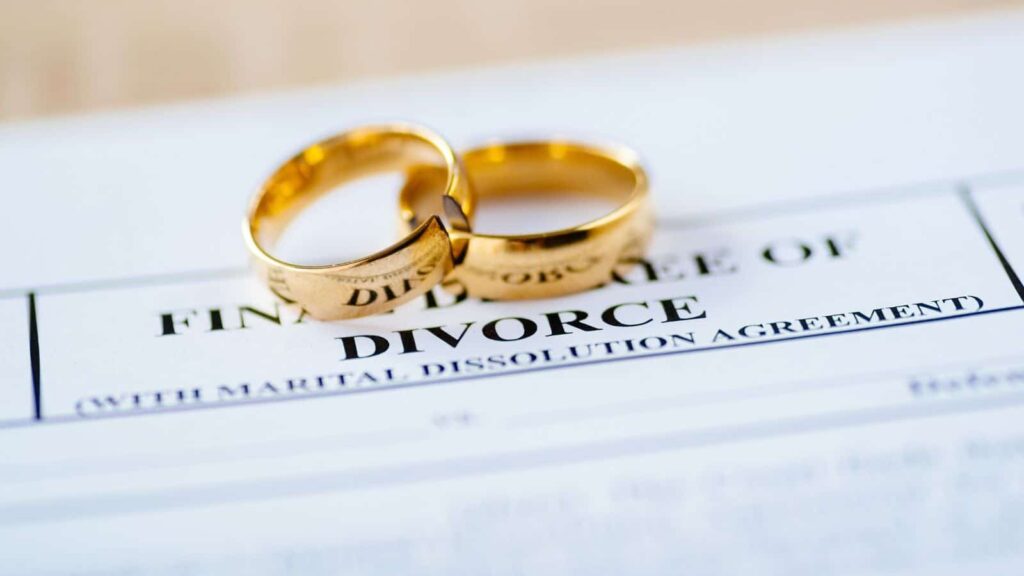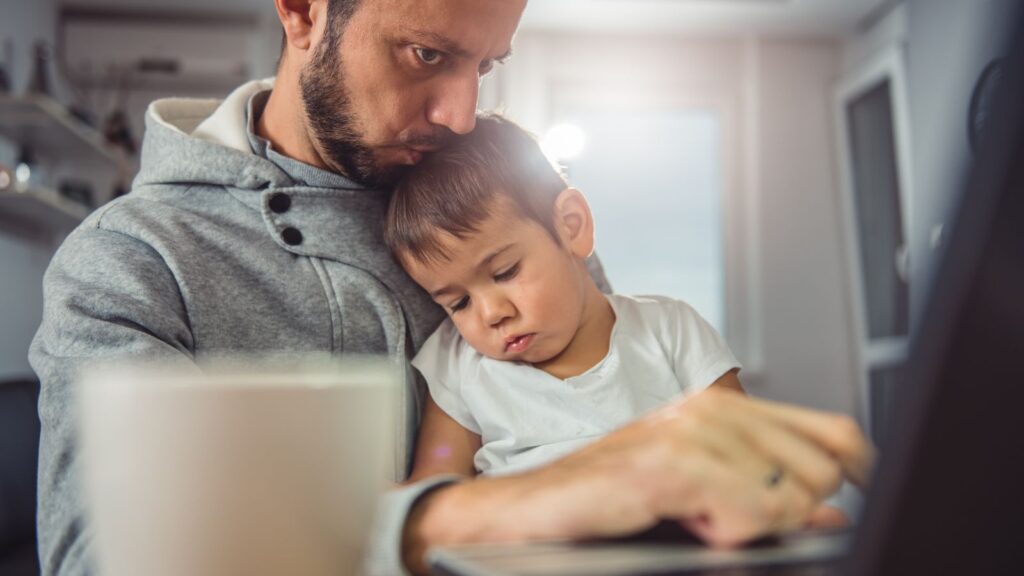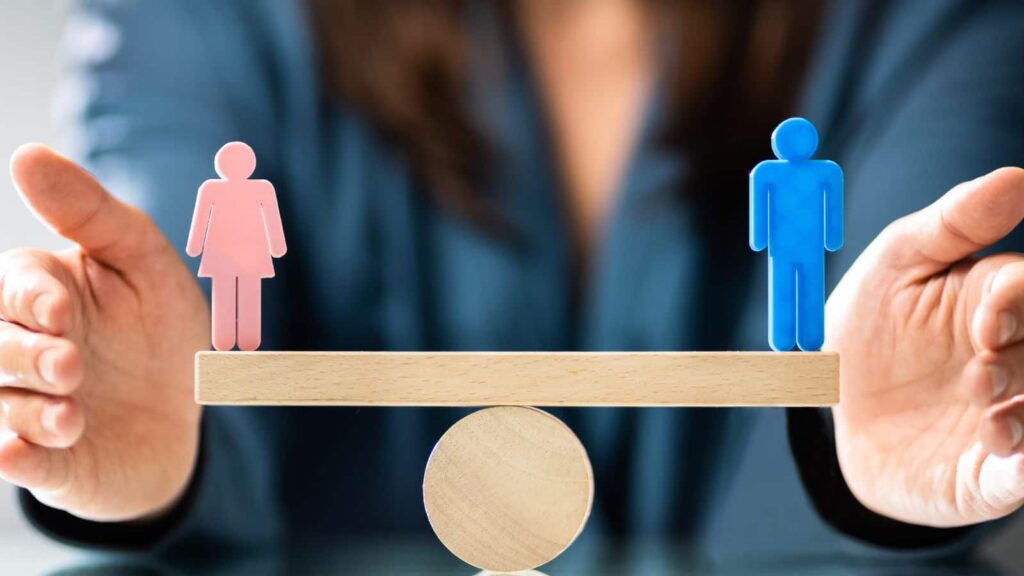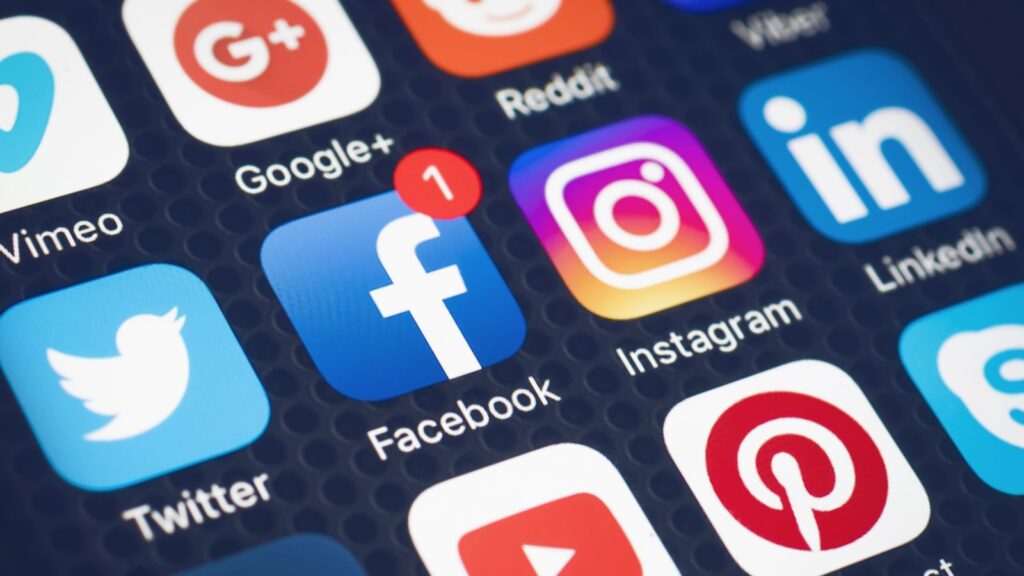Loneliness amongst men has been increasing in the last few years, and a recent study found that 15% of men admit to having no friends. This is a worrying trend, especially given the fact that loneliness is linked to several negative health outcomes, including anxiety, depression, dementia, and much more. Therefore, healthcare professionals are extremely motivated to uncover the reasons why men are so lonely in 2024. The answer isn’t straightforward, and it appears to be a complex issue that’s influenced by various bio-psycho-social cultural factors. Here are 18 reasons why men are lonely.
Work-Centric Lifestyles

Society has socialized men to equate their ability to generate wealth with their sense of self-worth, status, and masculinity. Therefore, many men live work-centric lifestyles, which means they have less time to invest in the development of personal relationships. This can leave men with a healthy bank balance but ultimately feeling isolated and lonely.
Gender Socialization

From early childhood, boys and men are socialized to exhibit fewer signs of vulnerability, as this is negatively reinforced as being associated with femininity. In order for human beings to form connections, like relationships and friendships, they need to show vulnerability, as this helps to facilitate bonding between individuals. As men have been taught that vulnerability is somehow linked to weakness, many end up suppressing this natural emotion, hindering their ability to make and maintain friendships in adult life.
Divorce and Separation

Another reason why men are lonely is because of high divorce rates and separation. Although the general trend for divorce in America has been on a downward slope, the figures remain high. According to the American Psychological Society (APA), 40-50% of all first-time marriages end in divorce, while 60-67% of second-time marriages also end in divorce. That leaves a lot of single, lonely men out there.
Parental Responsibilities

Often, couples who divorce also have children, and this means shared custody, creating single fathers who must not only prioritize work to pay for child support and the legal fees of a divorce but also the care of their children. This can leave single fathers with little time, energy, or money for socializing, adding to the loneliness epidemic of men.
Traditional Expectations

We hear a lot about the pressures faced by women around traditional expectations, but men have their own story around this, too. Another reason why men struggle to make and maintain friendships is due to the pressure of traditional expectations. Men feel like they must be seen as stoic warriors who can “save everyone,” exhibiting power and strength, just like every superhero they ever watched growing up.
The Lone Wolf

In today’s society, a combination of working from home and social mobility means that a lot of men are spending a lot of time alone at home. In 2024, many young people are prepared to move across states for employment, which means they don’t have a family support system close by, and with most work and even social time carried out online, human contact is in short supply. This has resulted in more males living as lone wolves, and due to society’s pressures of needing to be seen as strong and silent, they feel compelled to keep their feelings of loneliness to themselves.
Toxic Masculinity

One aspect of toxic masculinity refers to the fact that men take less care of their physical, mental, and emotional health, which is ultimately detrimental to their overall well-being. This element of toxic masculinity has been implicated as part of the reason behind men’s poor mental health, increasing loneliness, and high suicide rates, as due to their reluctance to open up and be vulnerable, they are failing to maintain close relationships.
Stigma of Vulnerability

Society has made the vulnerability of men synonymous with weakness; this has led men to develop a fear of judgment or negative sanctions for revealing their sensitive side. And instead of feeling shamed, or mocked, men therefore choose to try and hide their true emotions. This only stunts authentic communication in men’s personal relationships, often contributing to relationship breakdown and inevitable loneliness.
Gender Inequality

While women are often perceived as being more emotional than men, research has shown that this may not be the case; however, due to gender bias, stereotyping, and gender socialization, men feel less “safe” to exhibit emotions, and this can interfere with their ability to maintain relationships, whether these are romantic, or platonic. We hear a lot about gender inequality from the perspective of women. However, men also suffer from aspects of gender inequality, and there does seem to be an inequality of emotion between the sexes.
Lack of Support

Research around the reasons why men are lonely often cites that men claim that they feel a lack of support in their lives. Again, due to gender socialization, females are often encouraged to form and maintain social support networks from an early age, whereas men are not. This learned behavior often carries into adulthood, where we commonly find that women appear to have more social support in their lives, while adult men do not, leaving them feeling more lonely than their female peers.
Mental Health

Evidence suggests that more men are struggling with their mental health. This may be due to a combination of interrelated factors, some of which we have mentioned above, and others, such as the pandemic, the cost of living crisis, increasing political upheaval, global conflict, etc. Whatever the causes behind men’s declining mental health, anyone who is suffering from anxiety or depression is much less likely to feel social or want to go out and make new friends, and men’s mental health crisis is undoubtedly a factor that is fuelling men’s loneliness.
Gender Stereotypes

The gender stereotype of the physically strong male warrior who saves people and is never afraid is still prevalent in America. This deters men from reaching out to make new friends and be social because they feel they must conform to the stereotypical ideologies of what “a strong man” looks like.
Digital Dependence

During the pandemic, many of us became reliant on technology, and social media replaced all forms of human contact wherever possible. For some men, this opened the door to a way to a new way to socially engage, without having to leave the house or meet real humans in person. Unfortunately, for some, this behavior change stuck, and now, many men prefer streaming movies at home, online gaming, or using social media instead of going out and socializing in person, and they have become somewhat dependent on the digital world instead of the real one.
Negative Narratives Around Masculinity

You may have noticed that there has been quite a bit of “man bashing” online in recent years, whether it’s media stories about toxic masculinity, sexism, inappropriate behavior in the workplace, man-splaining, or something else. Negative narratives around masculinity have been prevalent. This has led to a lot of men feeling attacked for simply being male, and it hasn’t helped to boost men’s self-esteem at all. In fact, it’s most likely lowered it, adding to men’s apprehension for social engagement.
Substance Abuse

Research shows that lonely men are more likely to drink and engage in risky levels of alcohol consumption. Furthermore, substance abuse can become a bit of a reinforcing loop when it comes to loneliness, as men who drink alone are more likely to be lonely, and drinking alone only makes people feel more depressed and isolated.
Misunderstood Masculinity

Changing gender roles and the advancement of female independence, especially regarding finances, children, and their careers, has left men questioning their own roles. Furthermore, research into the loneliness epidemic of men and mental health has found that a lot of males claim to feel misunderstood. There is a prevalent theme, especially amongst male Millennials and Gen Z, that they don’t know where they “fit in” in society, and as definitions of masculinity have shifted, so has their understanding of themselves and society’s understanding in general of men’s needs, and masculinity.
Man Shaming

We have all heard playful language used to describe men’s behavior. For example, if a man is suffering from a viral infection, often called “man flu,” he may be told to “man up,” “stop being such a baby,” or to “stop crying like a girl.” Although said jestfully, these sentences are quite derogatory and serve to put men down and shame them for being seen as vulnerable in some way. This type of man shaming only contributes to men’s fear of being vulnerable, further inhibiting their ability to engage with others.
Retirement

Many men fail to realize just what a big part of their lives work is until it’s gone. While many people lust after the day when they can retire and put their feet up, a lot of people underestimate how much they might miss the daily routine and social engagement of working life. Retirement is another reason why men are lonely, as after they leave formal employment, they aren’t always good at creating a new purpose for their lives that forces them to interact with others.
19 Grim Realities of Dating After 50 That Are Often Overlooked

19 Grim Realities of Dating After 50 That Are Often Overlooked
26 Things That Will Be Extinct Because Millennials Refuse to Buy Them

26 Things That Will Be Extinct Because Millennials Refuse to Buy Them
24 Outdated Slang Terms You Absolutely Shouldn’t Be Using Anymore

24 Outdated Slang Terms You Absolutely Shouldn’t Be Using Anymore
25 Hardest Parts About Getting Older That No One Ever Talks About

25 Hardest Parts About Getting Older That No One Ever Talks About






